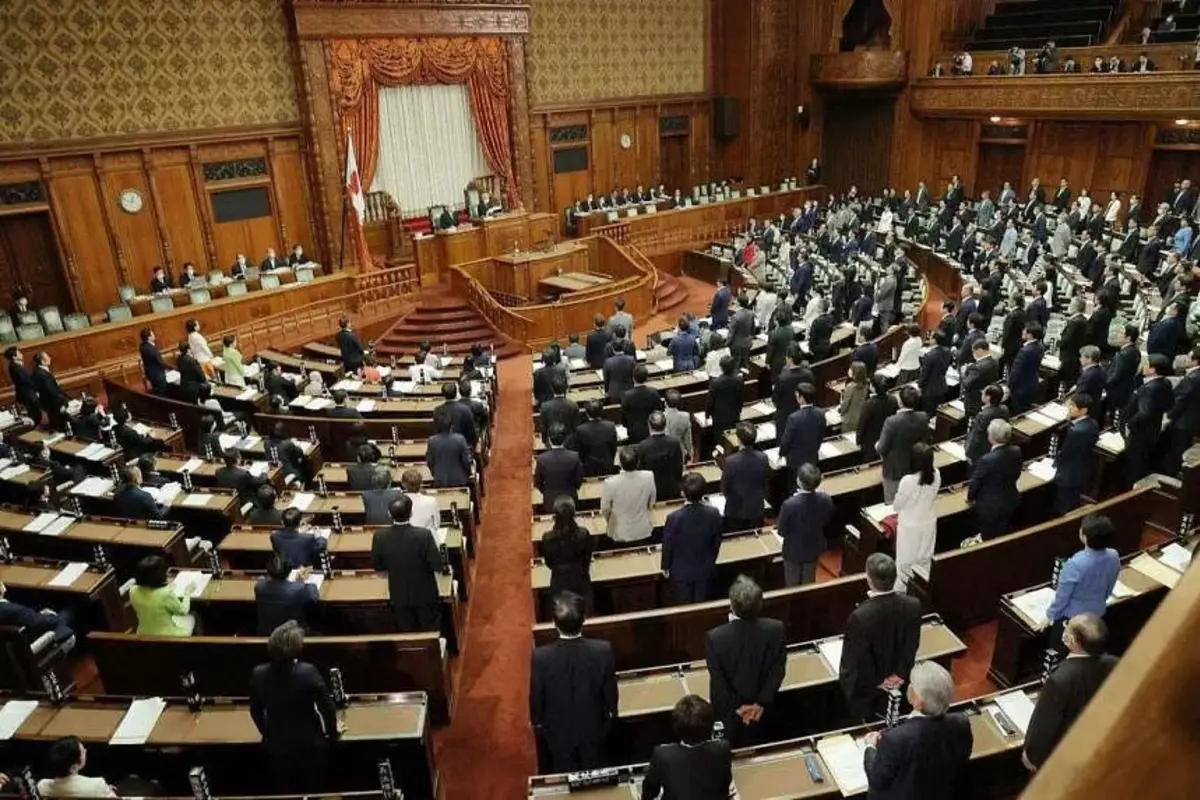
Despite resistance from opposition parties and rights groups, Japan passed an immigration law on Friday that allows the government to deport failed asylum seekers.
Until the amended legislation was passed, applicants may remain in Japan during the decision-making process, regardless of how many times they applied for refugee status.
After three rejections, they can now be deported.
Ken Saito, Justice Minister, said, “The revised law will protect those who need to be protected while strictly dealing with people who have violated rules”.
“There are many people who misuse the application system to avoid deportation, even if they are not fleeing danger or persecution”, he continued.
Last year, Japan accepted only 202 refugees out of some 12,500 applicants, and separately allowed 1,760 persons were allowed to stay due to humanitarian considerations.
It has also received about 2,400 Ukrainian evacuees under a different framework.
Activists held protests against the new law, but the opposition bloc’s objection in parliament was rejected by the ruling coalition, which has a dominating majority.
On Thursday, opposition members confronted the head of a committee debating the bill, attempting to prevent a vote on the revisions.
The Tokyo Bar Association stated this week, “It is intolerable to deport people, even if they have criminal records, to countries that may violate their human rights where their life and freedom would be in danger”.
According to the ruling Liberal Democratic Party, the modification will improve access to medical care and accommodation options for those awaiting refuge.
Since the death of Wishma Sandamali, a 33-year-old Sri Lankan woman, in 2021, Japan’s immigration detention conditions have been under scrutiny.
Sandamali was not an asylum seeker, but she had been detained for overstaying her visa after seeking police protection, allegedly to flee an abusive relationship.
Her family is suing the government for more than $1 million in wrongful death reparations.
Sandamali reportedly complained about stomach pain and other ailments on multiple occasions, and protesters claim she received inadequate medical care.
Controversy and political pressure over the incident promoted ruling MPs to abandon an effort two years ago to approve similar legal changes to immigration regulations.
According to Shoichi Ibusuki, a lawyer representing Sandamali’s family, the new bill is equivalent to having a button to execute those who seek refuge by deporting them.
“Japan’s refugee recognition system is not working”, he added, citing officials’ fast rejection of applications, often without face-to-face interviews.
Amnesty International also said in March that Japan’s proposed revision to immigration rules should be scrapped, calling the country’s detention policies harsh and repressive.
Also read: China’s Tianjin Evacuated As Cracks Threaten High-Rises

















